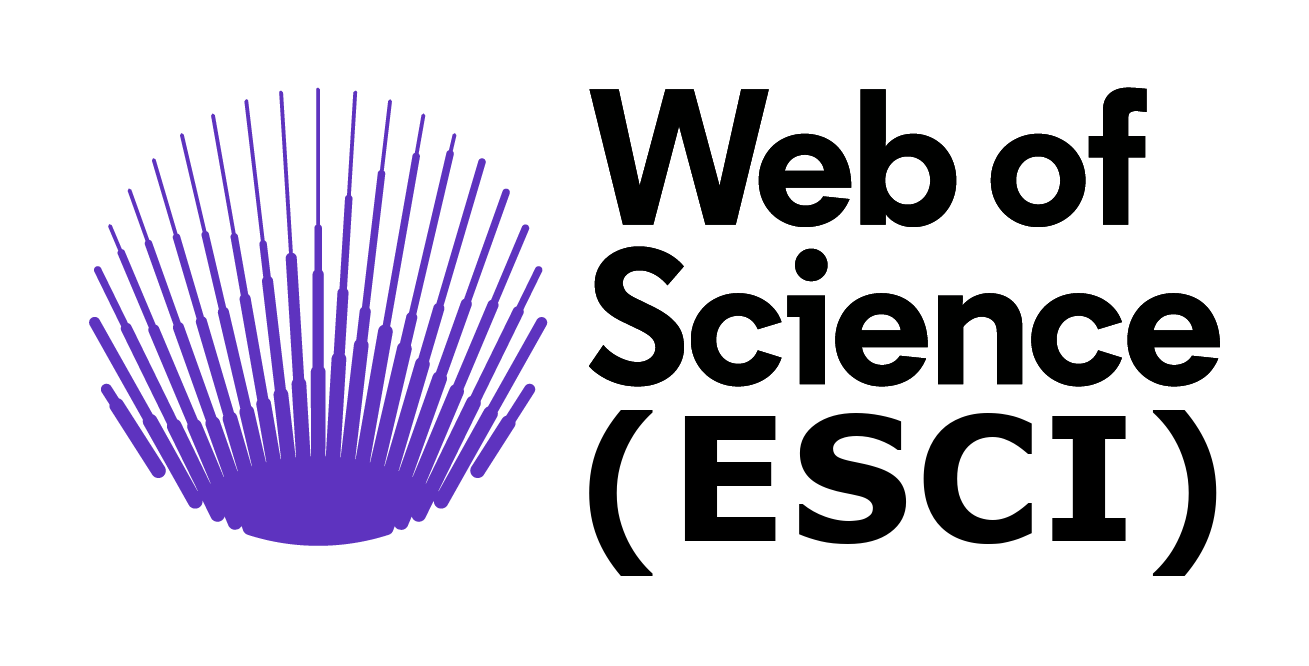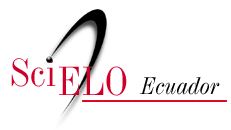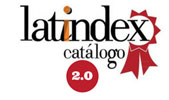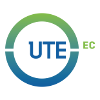Knowledge based systems as an aid in information systems audit
DOI:
https://doi.org/10.29019/enfoqueute.v8n1.122Keywords:
audit systems, knowledge based systems, expert systems.Abstract
One of the problems that the IT auditor has when expressing an opinion about a finding is the subjectivity that can be due to many aspects, among the main ones: emotional, technical skills or abilities with which this opinion can be right or wrong. This is a major problem because the audit report issued may have distortions of the facts. On the other hand, the development of the expert systems involves capturing the knowledge of the human and transferring it to a computer program in which all the characteristics of this knowledge are emulated and considering a group of rules, the system can make decisions as a human does. Advances in artificial intelligence over the last few years have led to the development of these knowledge-based systems increasing and the results obtained are more real. The use of these systems presents a promising future in the field of computer audit. The objective of this article is to give a general idea of the characterization and use of knowledge based systems, the way they are implemented and their application to the audit of information systems as a tool to help the opinion issue at the moment of realization of an audit.
Downloads
References
Atymtayeva, L., Bortsova, G., Inoue A., Kozhakhmet, K. (2012). Methodology and ontology of expert system for information security audit. SCIS-ISIS 2012, Kobe, Japan, November 20-24, 2012, pp. 1-6. Recuperado Marzo 18, 2015 de http://ieeexplore.ieee.org
Bonilla, L. (2014). Inteligencia Artificial aplicada en la Prevención y Detección de Lavado de activos y Financiamiento del Terrorismo, pp 10-17. Recuperado Abril 16, 2015 de www.felaban.net/archivos_noticias/archivo20141107151058PM.
Chávez, A. (2015). metodologa-commonkads. Recuperado Enero 15, 2016 de http://es.slideshare.net/uni_fcys_sistemas/metodologa-commonkads
Echenique, J. (2001). Auditoría en Informática, pp. 2-20. México: McGraw-Hill.
Elky, S. Risk management. Recuperado Enero 21, 2016 de http://www.sans.org -1204
García, A. (2013) Inteligencia Artificial. Fundamentos, práctica y aplicaciones, pp 171-175. México: AlfaOmega.
Giraldo, l. y Montoya, D. (2015). Aplicación de la metodología de Commonkads en la gestión del conocimiento. Revista CEA, 1(2), 99-108. Recuperado Febrero 6, 2017 de itmojs.itm.edu.co/index.php/revista-cea/article/download/804/761
Granados, E. (2016). Auditoría de Sistemas. Recuperado Marzo 12, 2016 de http://artemisa.unicauca.edu.co
Henao, M. (2001). CommonKADS-RT: Una Metodología para el Desarrollo de Sistemas Basados en el Conocimiento de Tiempo Real, Tesis Doctoral, pp. 27-30. Recuperado Febrero 7, 2017 de http://users.dsic.upv.es/grupos/ia/sma/thesis/pdf/TesisMonicaH.pdf
ISO/IEC (2015). Information technology — Security techniques — Code of practice for information security management, 2005 Recuperado Agosto 14, 2016 de https://www.iso.org
Moeller, R. (2010). IT Audit, Control, and Security, pp 135-140. New York: John Wiley & Sons.
Montoya, D., Giraldo, J., Perdomo W. (2014). Caracterización, Arquitectura de los SBC, y el proceso de realización de las auditorias en Colombia, pp 1-6. Recuperado Agosto 20, 2016 de www.iiis.org/CDs2013/CD2013SCI/CISCI_2013/PapersPdf/CA923DT.pdf
Palma J., Marín R (2008). Inteligencia Artificial: Métodos, técnicas y aplicaciones, pp. 83-97 Madrid: McGraw-Hill.
Piattini , M., Del Peso E. (2001). Auditoría Informática, Un enfoque práctico, pp. 3-8 México: AlfaOmega.
Published
How to Cite
Issue
Section
License
The articles and research published by the UTE University are carried out under the Open Access regime in electronic format. This means that all content is freely available without charge to the user or his/her institution. Users are allowed to read, download, copy, distribute, print, search, or link to the full texts of the articles, or use them for any other lawful purpose, without asking prior permission from the publisher or the author. This is in accordance with the BOAI definition of open access. By submitting an article to any of the scientific journals of the UTE University, the author or authors accept these conditions.
The UTE applies the Creative Commons Attribution (CC-BY) license to articles in its scientific journals. Under this open access license, as an author you agree that anyone may reuse your article in whole or in part for any purpose, free of charge, including commercial purposes. Anyone can copy, distribute or reuse the content as long as the author and original source are correctly cited. This facilitates freedom of reuse and also ensures that content can be extracted without barriers for research needs.
This work is licensed under a Creative Commons Attribution 3.0 International (CC BY 3.0).
The Enfoque UTE journal guarantees and declares that authors always retain all copyrights and full publishing rights without restrictions [© The Author(s)]. Acknowledgment (BY): Any exploitation of the work is allowed, including a commercial purpose, as well as the creation of derivative works, the distribution of which is also allowed without any restriction.























 Enfoque UTE - Facultad de Ciencias de la Ingeniería e Industrias - Universidad UTE
Enfoque UTE - Facultad de Ciencias de la Ingeniería e Industrias - Universidad UTE